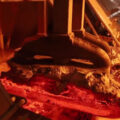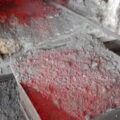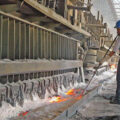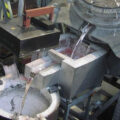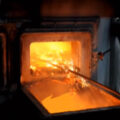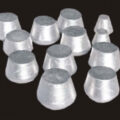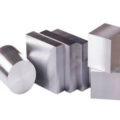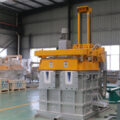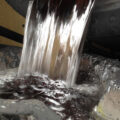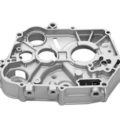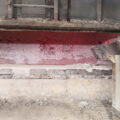Purification treatment of aluminum alloy melt is one of the basic measures to produce high quality aluminum castings, and it is also the main means to improve the comprehensive properties of aluminum alloy. The refining effect of aluminum alloy melt has an important influence on the formation of porosity and inclusion, and directly affects the physical properties, mechanical properties, and service properties of aluminum castings.
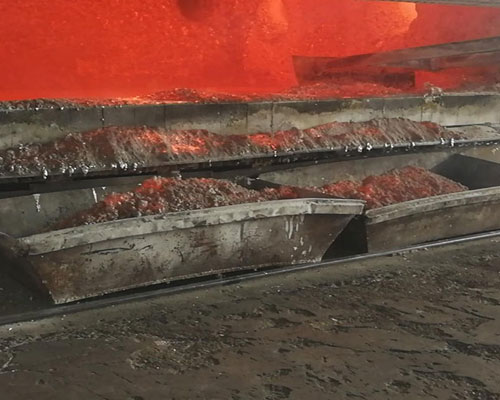
In the aerospace and other technical fields, the application of large aluminum alloy components is more and more, and the requirements for the components are higher and higher. In addition to ensuring its chemical composition, mechanical properties and dimensional accuracy, the casting is not allowed to have shrinkage, porosity, leakage, slag inclusion, and other defects.
Without high-quality molten aluminum alloy, it is difficult to imagine high-quality castings even if the refinement of modified grains is more effective and the processing control is advanced. And once the defects exist from the beginning, even if the reasonable casting process and heat treatment process are adopted, the defects will still exist stubbornly and difficult to make up. Therefore, people attach great importance to the gas and inclusion in the casting aluminum alloy melt, and take various measures to eliminate the gas and inclusion in the aluminum alloy melt.
At present, the comprehensive treatment of pure purification and homogeneous refinement of aluminum alloy melt is considered to be a common technical basic problem to be solved to obtain high-quality aluminum alloy. There are many related researches, such as various purification methods (online degassing system and CFF filtering system) for degassing and slag removal of aluminum melt, various treatment methods of electric and magnetic field on melt, research on the influence of alloy melt structure and thermal history on solidification structure, research on rapid solidification/powder metallurgy aluminum alloy, etc.
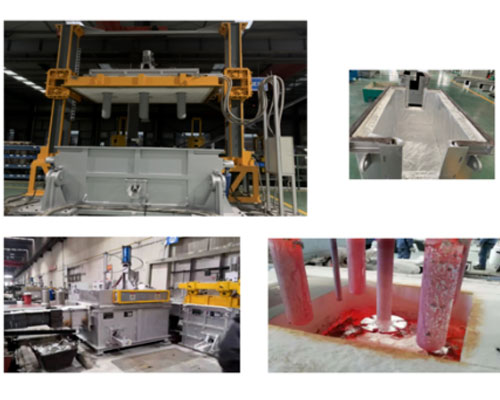
At the same time, smelting modification and purification are still the main links causing environmental pollution in the production process of cast aluminum alloy. NaCl, NaF, KCl and na3aif6 are still widely used in aluminum alloy modification. These salts have a serious corrosion effect on the environment, and will cause damage to workers’ body and bones.
In recent years, Sr (strontium) has been used as a long-acting modifier to replace Na modification due to the short duration of Na modification.
In addition, the main damage to the environment caused by Cl2 refining process is chlorine gas and chlorine gas. Although people have been aware of the seriousness of the problem and are striving to improve the process and select non-toxic and low-toxic refining materials to improve or solve environmental pollution, many years of efforts are still unsatisfactory.

